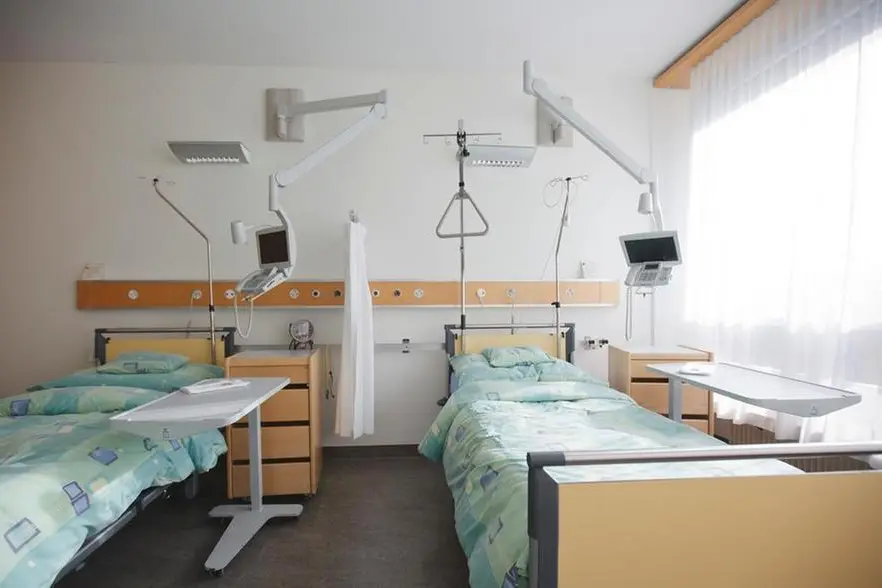PHOTO
Americans are catching up on healthcare missed during the COVID-19 pandemic, a trend driven by heart procedures and outpatient orthopedic surgeries that likely won't soon slow, according to interviews with three hospital officials in major U.S. cities, but other factors may also be at play.
U.S. health insurers have warned of high demand for medical services based on late 2023 usage, but have offered few details on the trend or how long it may continue driving up costs.
These hospitals, while a small subset of the thousands of facilities in the United States, provide some on the ground insight into what is behind the recent warnings and what may be in store going forward.
Insurers Humana and CVS Health said they were not sure how long the trend would last, while others such as Elevance and UnitedHealth have said they priced in elevated medical costs in 2024.
"I think the question that we're trying to figure out from an investor perspective is the duration of the trend," said Deutsche Bank analyst George Hill. "It's going to hit insurers in '24 but the question is, will it hit insurers beyond '24?"
Worries that cost increases could continue beyond 2024 are a likely factor in falling shares in the sector in recent weeks. A broader index of managed care providers has declined 1.03% after falling 3% in 2023.
Officials from the three hospitals - Providence health system headquartered in Renton, Washington, and Boston's Brigham and Women's Hospital and Tufts Medical Center - said the post pandemic "catch-up" trend is occurring across all age groups.
"We have seen an increase in oncologic care or cancer care and we also have seen an increase in hypertension and cardiac care," said Erik Wexler, chief operating officer at Providence, adding that demand for surgeries to treat back pain had also increased.
Terry Hudson-Jinks, chief nursing officer at Tufts, said the hospital had seen "a record breaking 2023" in which it completed 61 adult heart transplants.
Two other hospital executives Reuters interviewed - from Northwestern Memorial in Chicago, and Jackson Health System in Miami - attributed the rise in late 2023 surgeries to an aging U.S. population, and they and a representative from Houston Methodist in Texas also pointed to typical insurance factors as a driver, rather than a post-pandemic surge.
People with insurance tend to increase non-emergency medical service use after working through their deductibles over the year to lessen out of pocket costs.
Still, the demand for outpatient surgeries, which allow patients to return home the same day, was outpacing capacity, three hospital executives said. Several also said the pandemic may have accelerated the shift to outpatient and offsite surgeries.
"These (capacity issues) are not seasonal but rather much more longer lasting and widespread," said Mallika Mendu, associate chief medical officer at Brigham and Women's.
Executives at publicly-traded Tenet Healthcare, which operates nearly 700 hospitals, outpatient facilities and surgical centers, last week said demand for outpatient procedures had risen throughout 2023, with joint replacement surgeries increasing significantly at the end of the year.
Catch-up procedures also included gastrointestinal care and for conditions that affect the ear, nose and throat, Tenet said. The company said it expects demand for procedures to stay strong as the staffing crunch of the past two years abates.
"The delayed procedures were not of equal urgency," said Dr. Hasan Alam, surgeon-in-chief at Northwestern Memorial. "More elective procedures such as joint replacements, repair of hernia, plastic surgery procedures took much longer to get done."
(Reporting by Sriparna Roy, Bhanvi Satija and Leroy Leo in Bengaluru; Editing by Caroline Humer and Bill Berkrot)





















